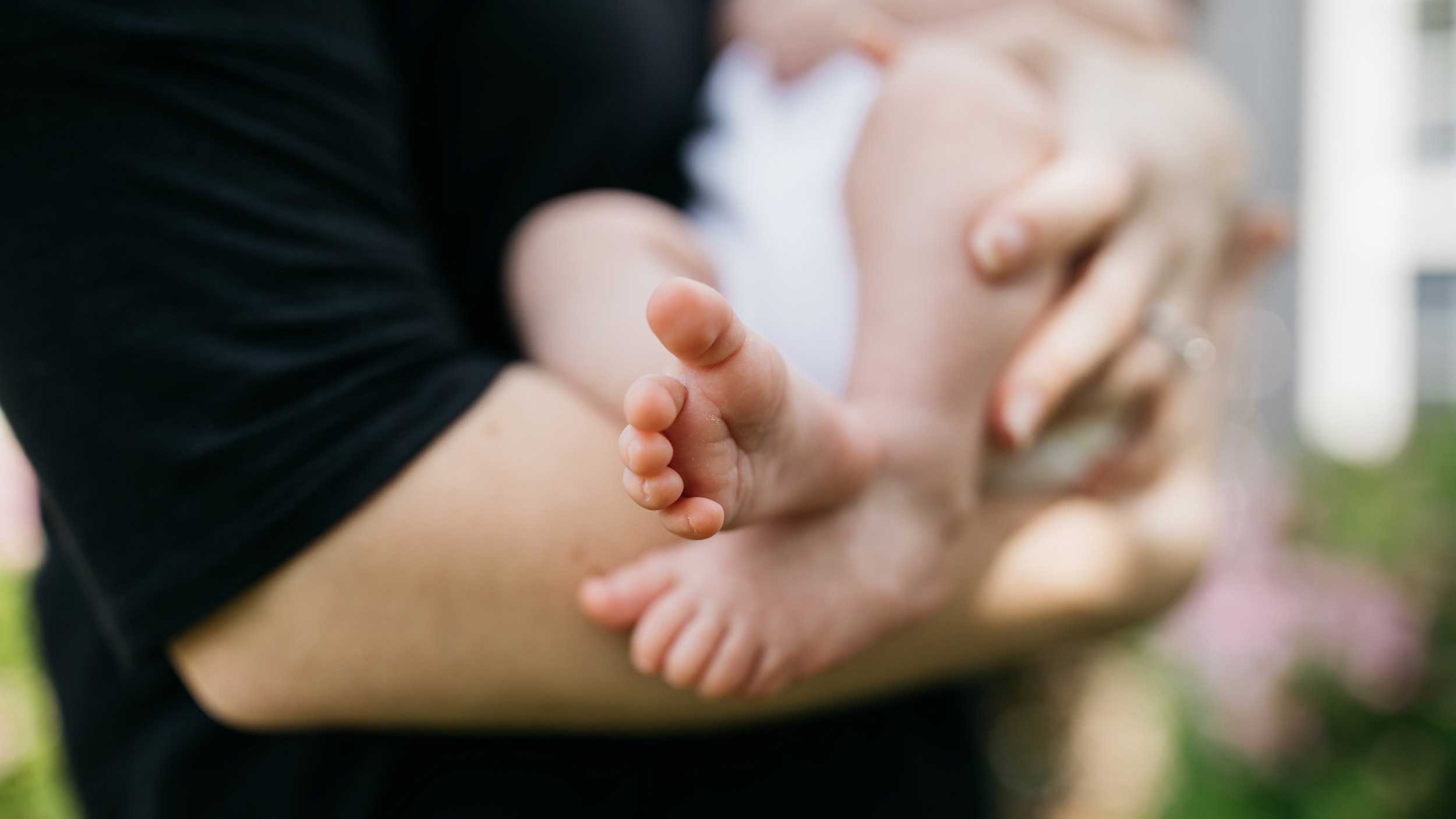FACTS ABOUT ALCOHOL
PREGNANCY & ALCOHOL
If you are pregnant or are trying to conceive England’s Chief Medical Officer advises the safest approach is to not drink alcohol at all, to keep risks to a minimum for your baby.
Six units is equivalent to drinking: Two large glasses of (250ml) of 12% ABV wine or two pints of 5% ABV beer or cider or six shots 40% proof clear spirits.
Alcohol and Pregnancy
Drinking in pregnancy can lead to long term harm to your baby, the more alcohol consumed the greater the risk.
Heavy drinking during pregnancy can:
Affect your baby’s brain development
Affect your baby’s growth (called fetal growth restriction)
Increase risk of miscarriage, stillbirth, and premature labour
Make your baby more susceptible to illness through the lifespan
Cause Fetal Alcohol Spectrum Disorder (FASD) or Fetal Alcohol Syndrome (FAS)
If you consumed alcohol in the early stages of your pregnancy before you knew you were pregnant, the risk of harm to your baby is likely to be low if only small amounts of alcohol were consumed. In most cases it is unlikely that your baby has been affected but understandably you might feel anxious about the impact on your unborn child. If you find out you are pregnant and have been drinking, the safest thing would be to avoid any further drinking. If you are concerned speak to your midwife or doctor.
For more information see the Royal College of Obstetricians & Gynaecologists website.
The NHS website also gives friendly, factual advice.
Never place yourself in the situation where you have been drinking and may fall asleep with your baby – in your bed, in your nursing chair or on the settee.
Alcohol and Breastfeeding
For many women who are breastfeeding the advice is conflicting around drinking alcohol. Along with everything else you eat and drink, alcohol can find its way into your breast milk, so the safest thing if you are unsure is to avoid it whilst you are breastfeeding.
Whilst there is some evidence that regularly drinking more than two units of alcohol a day can affect your baby’s development, an occasional drink is unlikely to harm your breastfed baby.
Some tips if you are breastfeeding:
If you are choosing to drink, the recommended guidance is that you should aim to have no more than one to two units of alcohol once or twice a week.
Once your breastfeeding routine is established, plan your drink for after a feed, leaving 2-3 hours between drinking and your next feed.
Never place yourself in the situation where you have been drinking and may fall asleep with your baby – in your bed, in your nursing chair or on the settee. This applies to other caregivers who have been drinking.
Ask someone to care for your baby if you have been drinking larger amounts as alcohol can reduce your ability to respond to your baby’s needs.
There is no evidence that alcohol, including stout, helps you produce more milk but taking care of yourself, resting and allowing your baby to feed whenever they want, will definitely help with your milk supply.
If you have concerns speak to your midwife, health visitor or lactation specialist.
“If you are pregnant or are trying to conceive England’s Chief Medical Officer advises the safest approach is to not drink alcohol at all, to keep risks to a minimum for your baby.”












